Since COVID-19 began spreading across the globe in January 2020, more than 775 million people have tested positive. However, this means more than 7 billion people never contracted the wildly contagious virus.
Scientists decided to investigate why certain people seem immune to catching COVID-19. After infecting 36 people with the virus, they noticed those who didn’t develop COVID-19 all had one specific thing in common.
The COVID-19 Study

In 2021, researchers from the Cambridge Stem Cell Institute sprayed the SARS-CoV-2 strain, the virus that causes the COVID-19 disease, into the noses of 36 people who had never tested positive for the disease, weren’t vaccinated, and had no pre-existing health conditions.
Then, they tested those 36 participants twice daily for the next 28 days to see if they could contract the COVID-19 disease.
The Results of the Study
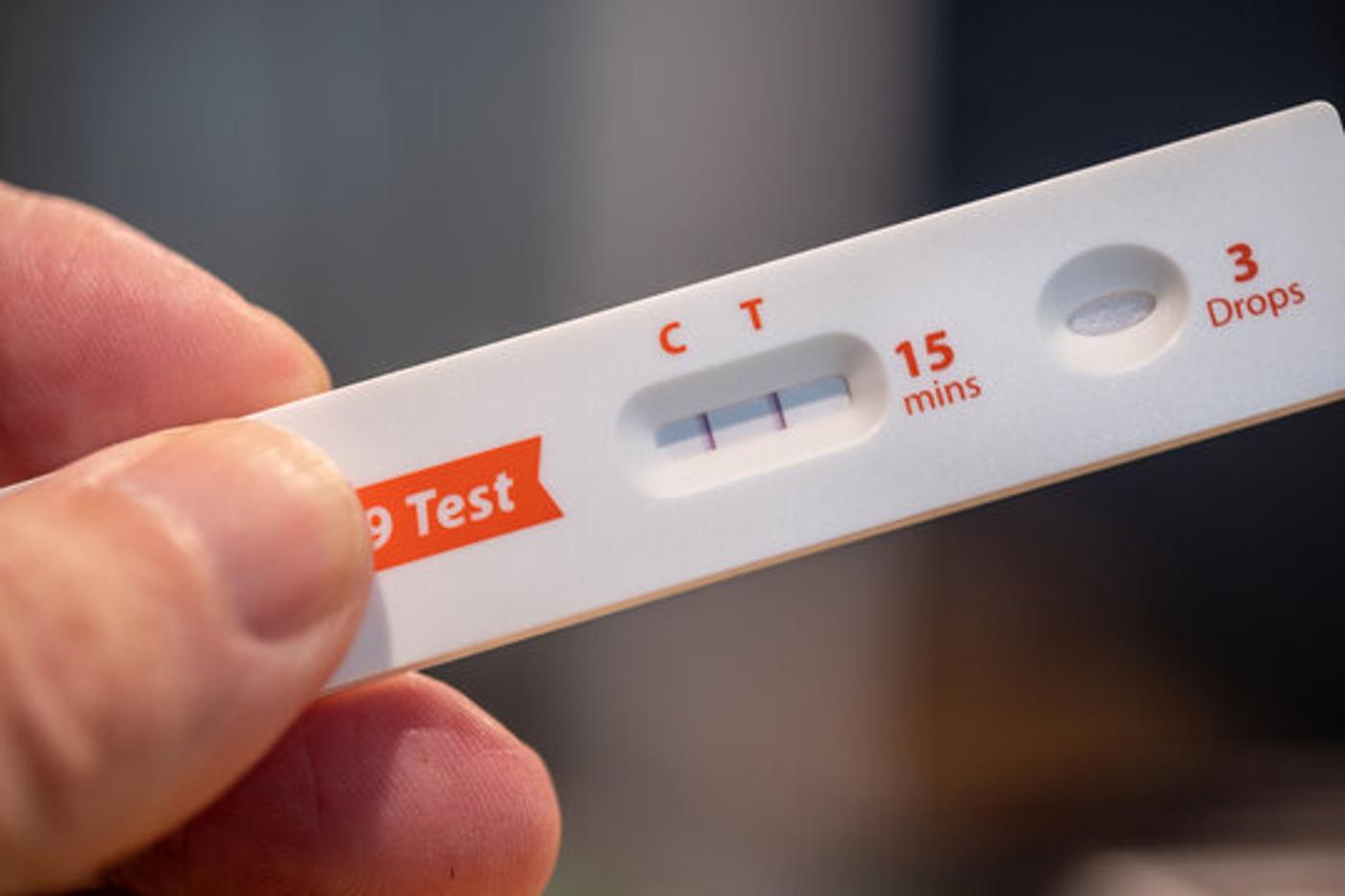
Over the course of the month, six participants tested positive in both daily tests for more than two days in a row; three of them tested positive on one of the daily tests but not the other for just one day; and seven participants continued to test negative on all tests for 28 days.
While they tested them for COVID-19, the researchers also continuously tested their blood and nasal cells to determine whether any specific markers explained the tests’ results.
Analyzing the Results of the COVID-19 Tests
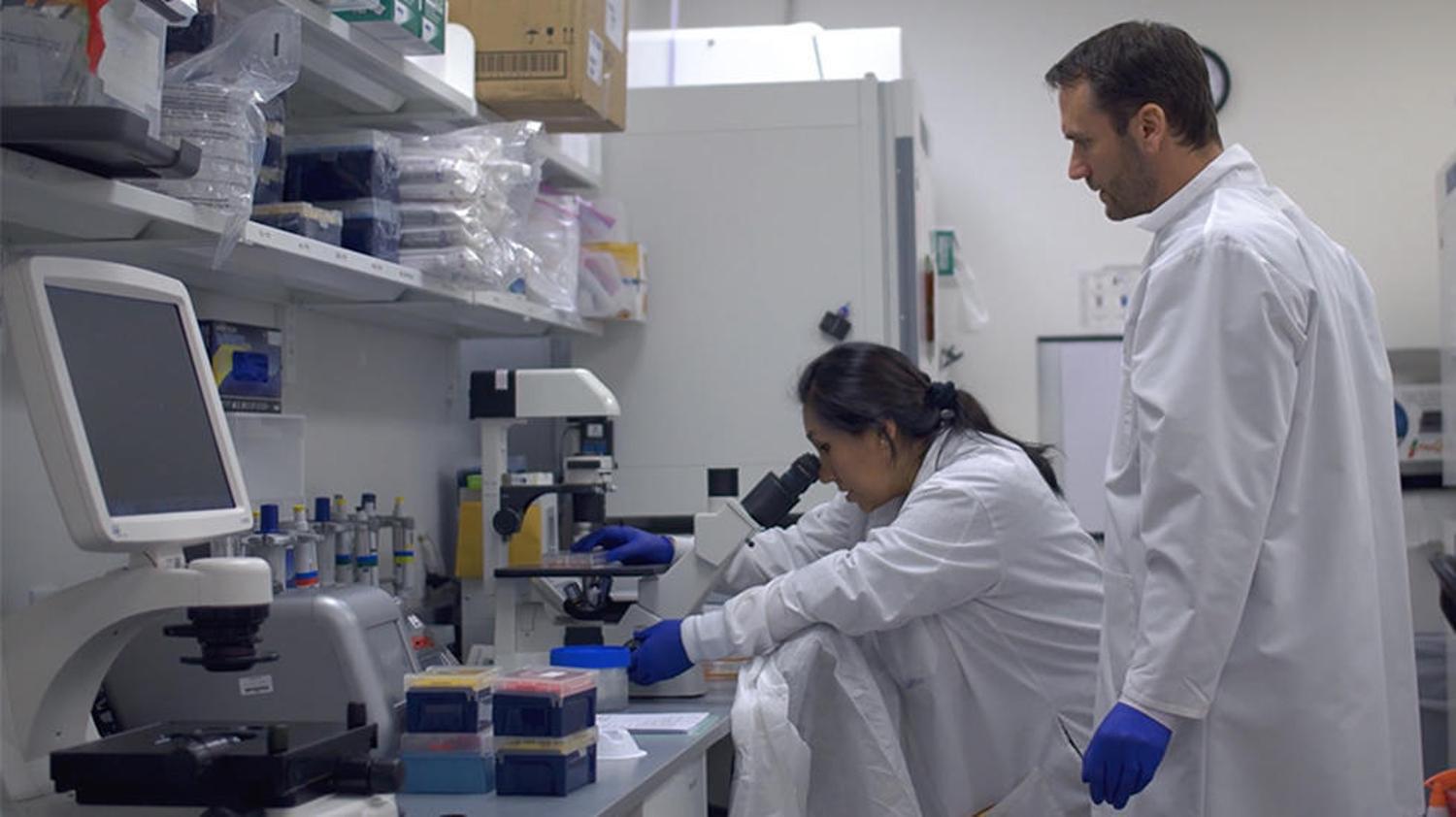
The researchers noticed that the second group, which tested positive only once on one day of the trial, and the third group, which never tested positive, all had something in common.
Each of these patients had substantial interferon in their blood before they were infected with the SARS-CoV-2 virus.
What Is Interferon?
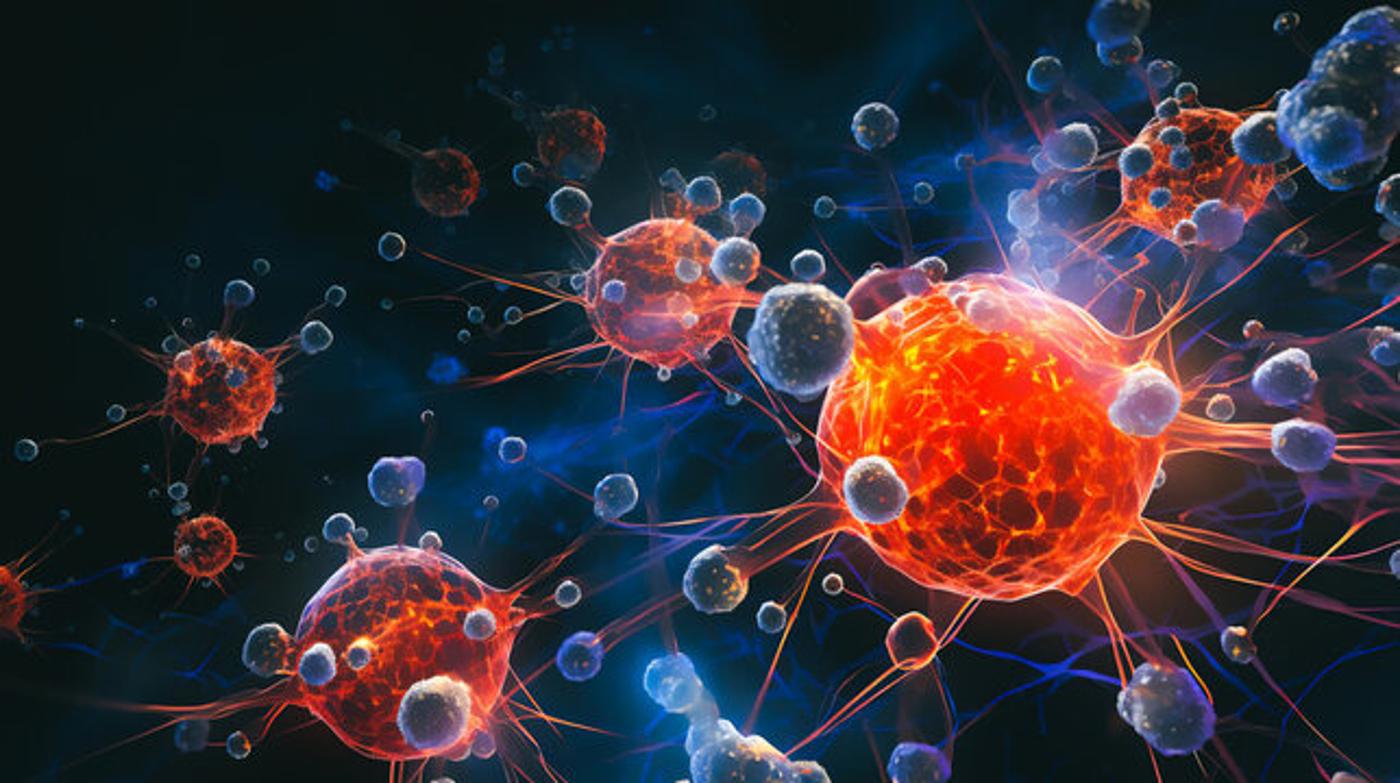
Interferons are signaling proteins that are released by the cells in response to the presence of viruses, bacteria, tumor cells, or parasites.
In other words, when a body detects a virus or another foreign danger, it naturally creates interferons to inhibit the virus from replicating and simotaniously fight the infection.
Doctors Have Found a Way to Make Interferon
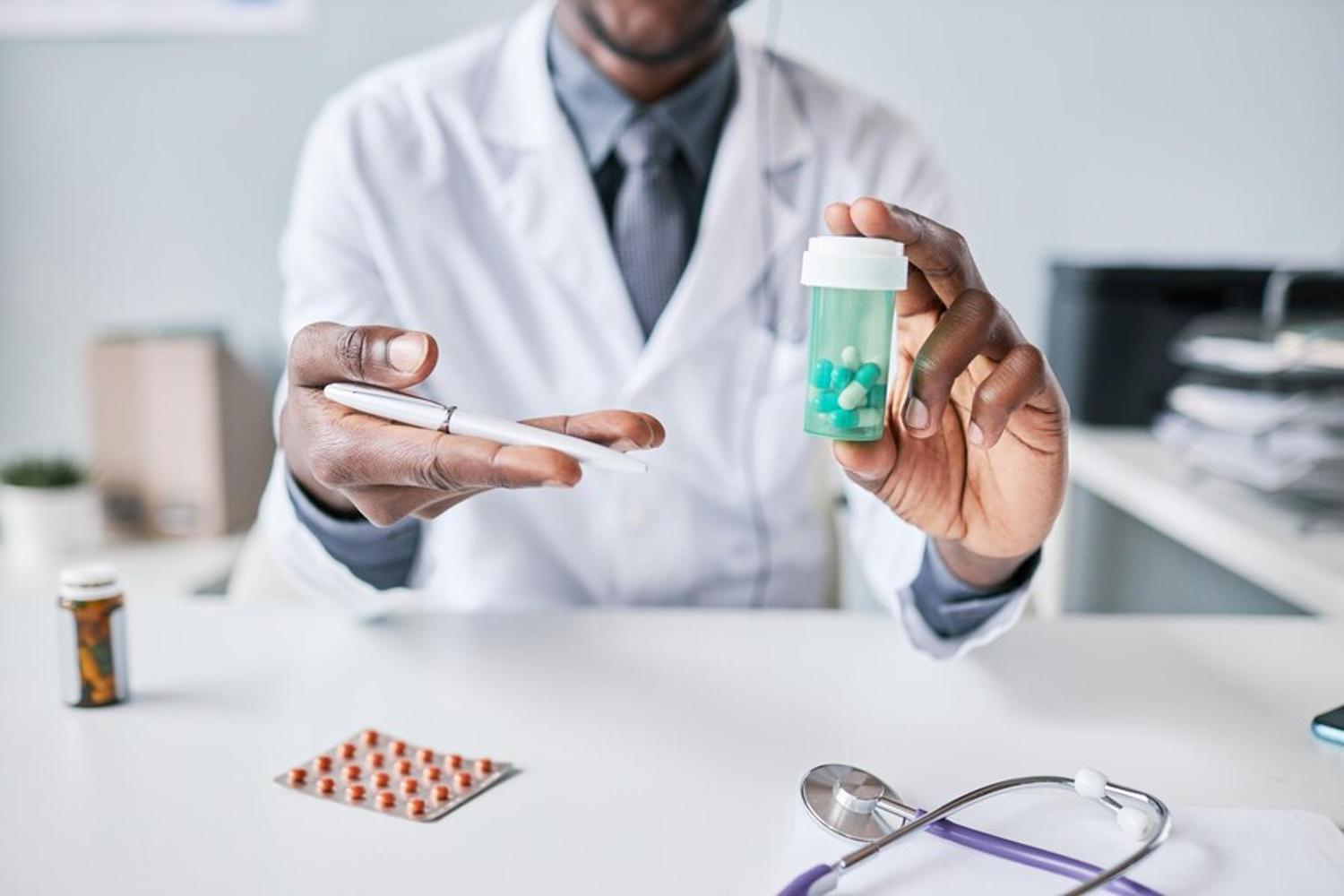
What’s especially interesting about interferons is that while the body naturally creates these proteins when in danger, if the virus or bacteria is strong enough, these diseases will overpower the protective interferons.
Fortunately, medical researchers have developed drugs that mimic the body’s interferons. So, those who develop aggressive forms of cancer and other diseases can take interferon medication to help fight them.
The Second Group Showed Higher Levels of Interferon Than the Third

Within the COVID-19 study, researchers also noticed that group two, those who tested positive for just one test on one day, didn’t actually contract any symptoms of the disease.
And test results from this group showed that they had more natural interferon in their system than group three, who never tested positive, even after being infected with the SARS-CoV-2 virus.
Groups Two and Three Didn’t Have Infections in Their T-Cells
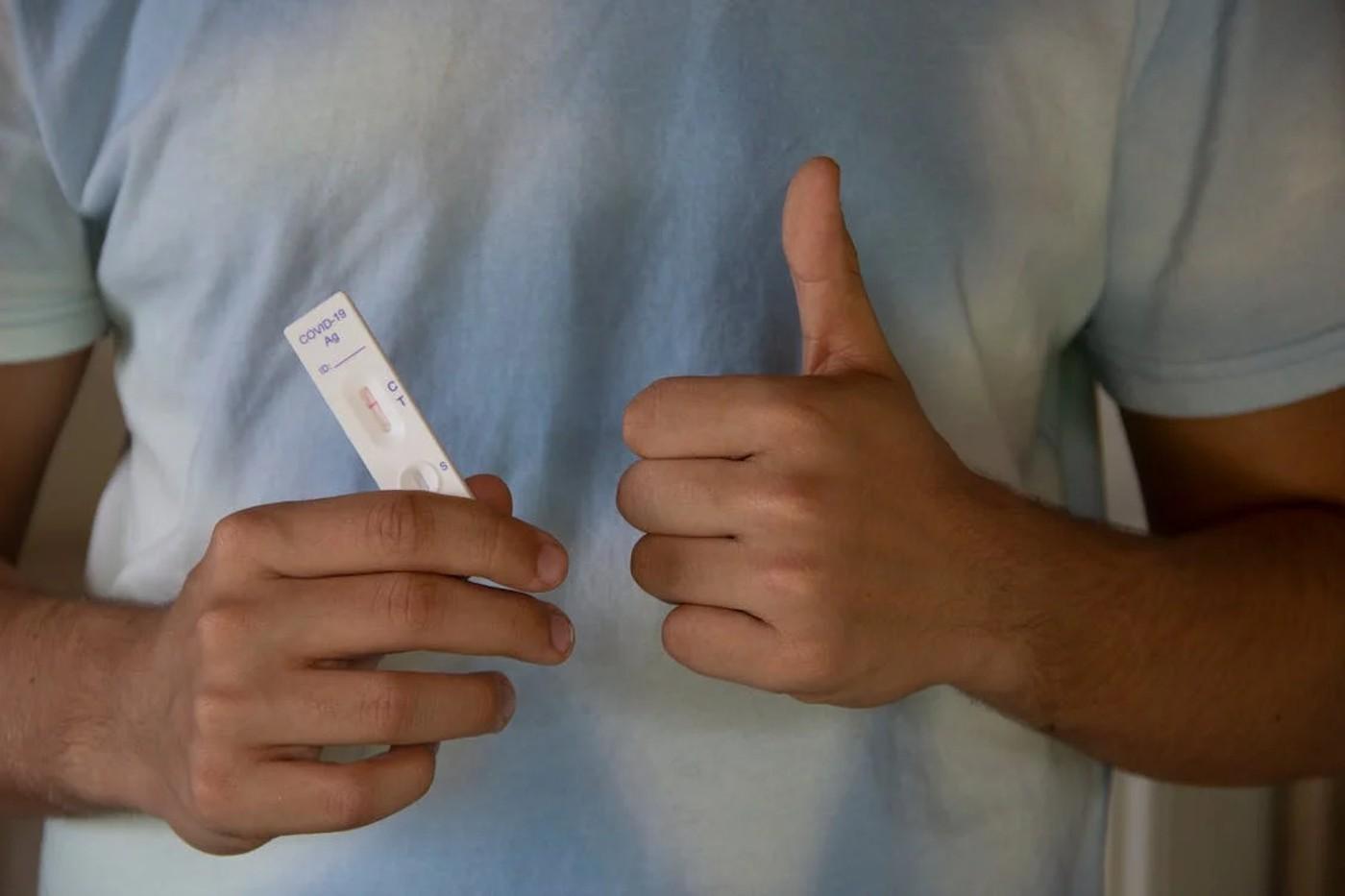
Additionally, the study found that participants in groups two and three did not show infections within their T cells or macrophages, which are both types of immune cells.
In other words, their bodies naturally forming immunity cells could and did fight off the virus before they became infected.
Both “Immune” Groups Had High Levels of HLA-DQA2
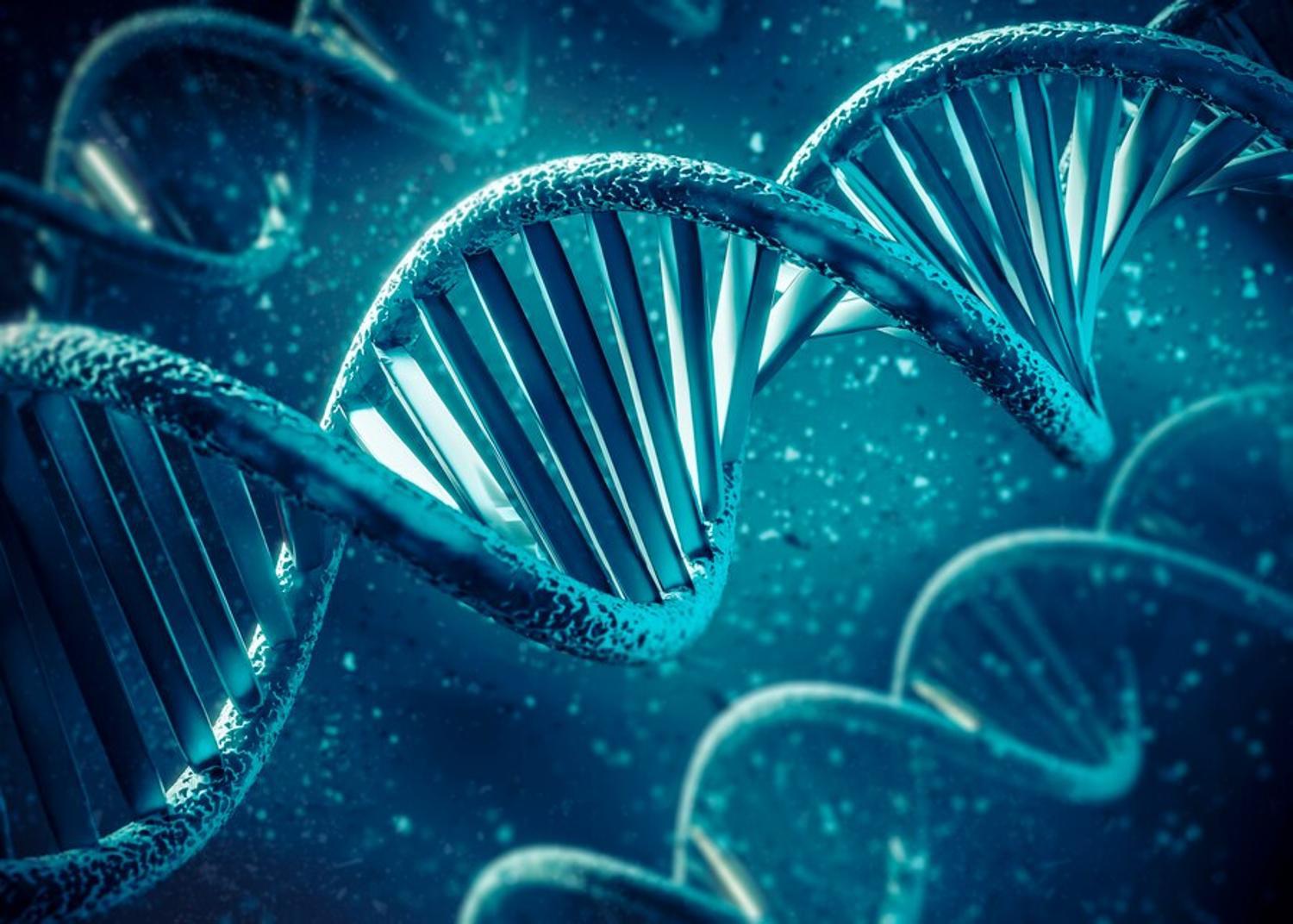
Another fascinating result of the study was that members of groups two and three, all of whom were essentially “immune” to the SARS-CoV-2 virus, had high levels of HLA-DQA2.
HLA-DQA2 is a gene within human DNA responsible for recognizing and presenting foreign antigens. Therefore, the study showed that people with substantial interferon, strong T cells, and high levels of HLA-DQA2, these participants were essentially immune to the COVID-19 disease.
This Study Could Help Us Understand the Virus, Vaccination, and Treatment
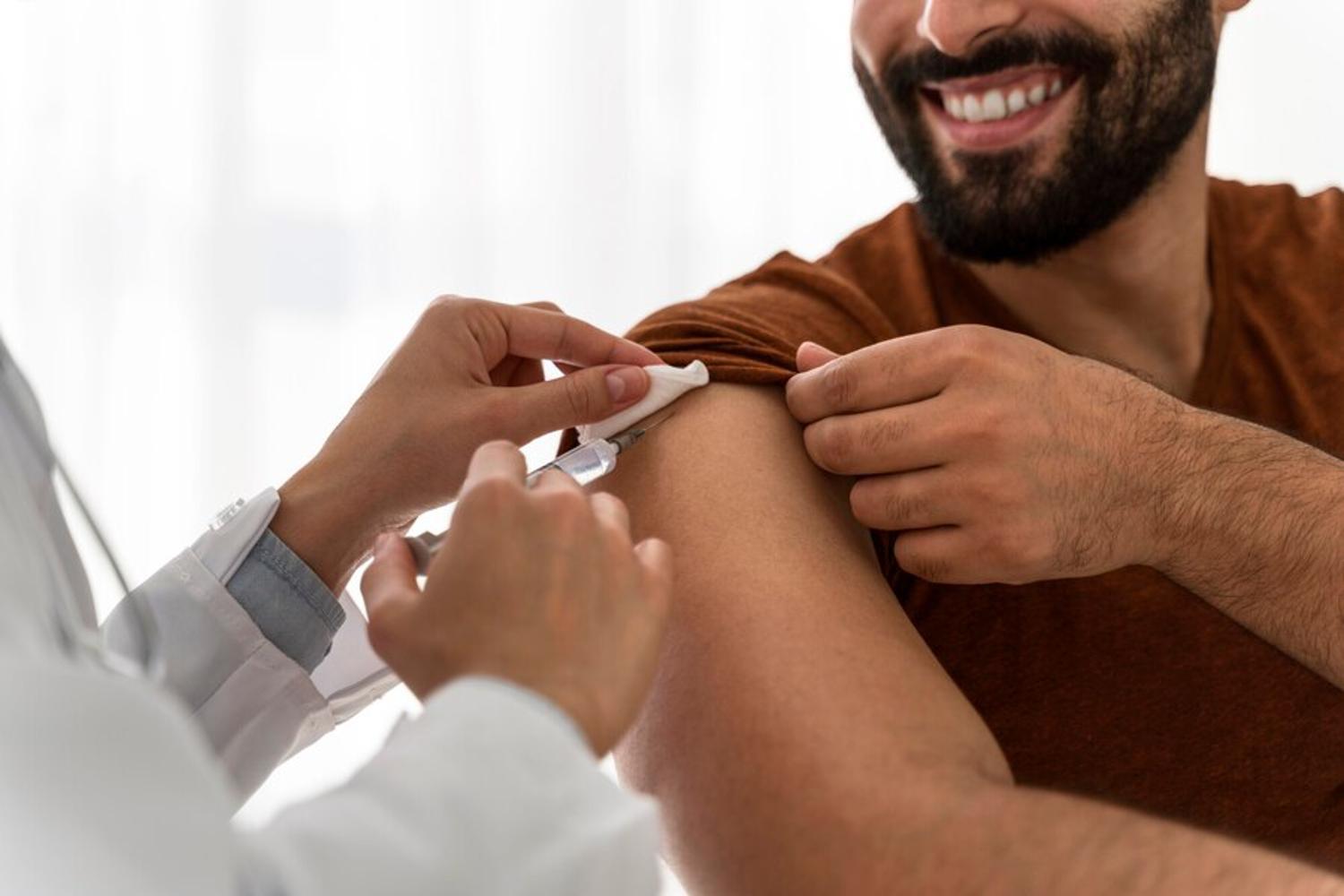
This information is incredibly valuable for medical researchers and doctors worldwide. It can and likely will help them better understand this and other viruses and protect people from contracting them.
Perhaps most importantly, this study and others like it will enhance the knowledge needed to create effective vaccines that will protect millions of people against current and future diseases.
Most People Have Now Been Exposed to Variants of the Virus

It is important to note that while this study is extremely informative, it does not account for the many variants of the SARS-CoV-2 virus that are now circulating throughout the global population.
According to José Ordovas-Montanes from the Harvard Stem Cell Institute, most people have now been exposed to “a veritable mosaic of SARS-CoV-2 variants.” This means that the results of cell responses outside of the trial could be drastically different.
Could the COVID-19 Pandemic Return?
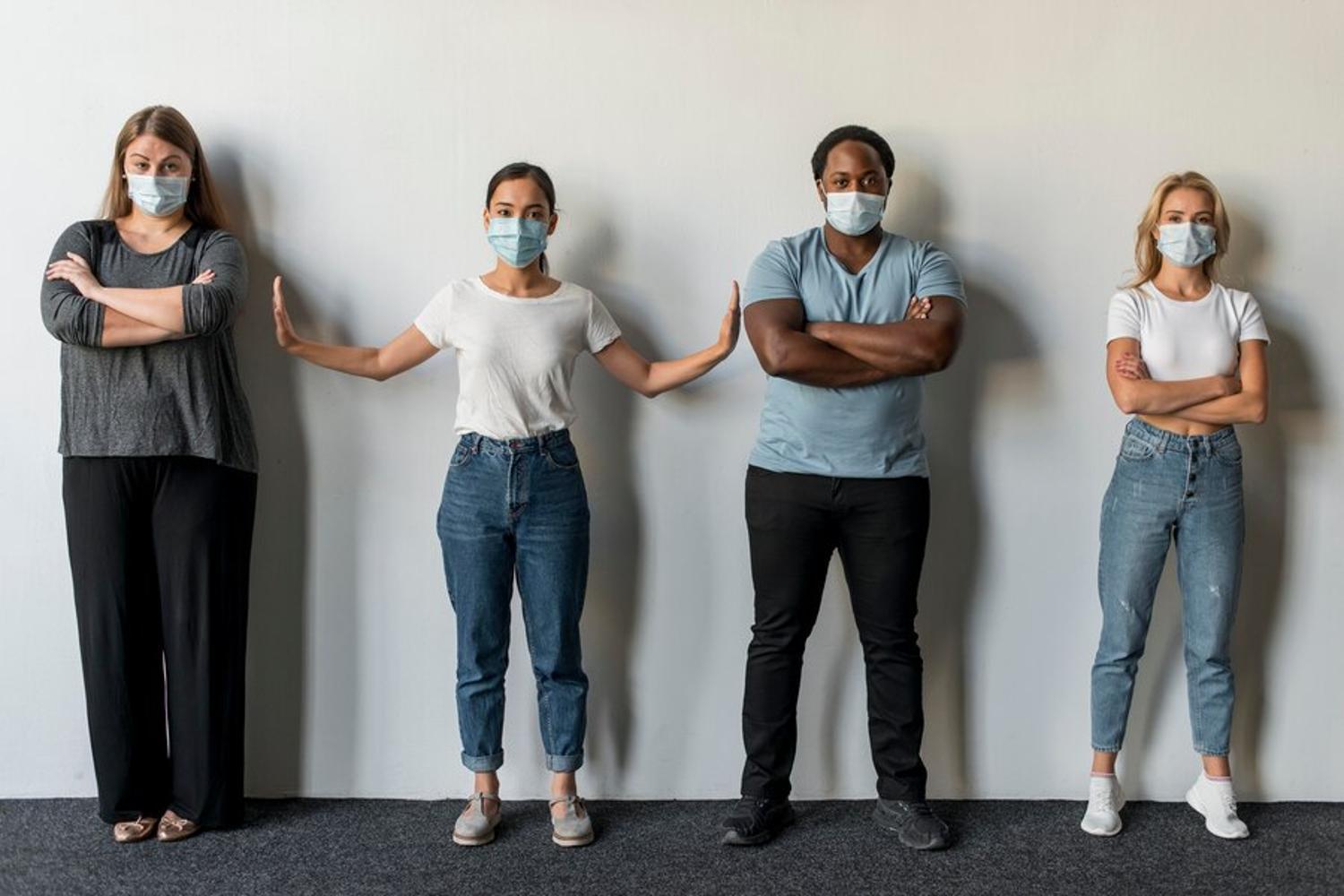
Many medical professionals argue that the COVID-19 pandemic isn’t over; the virus continues to mutate, and another version of the disease could present itself and spread like wildfire at any time.
That being said, thanks to ample studies like this one, doctors are now far more prepared for another COVID-19 strain or really any other kind of virus than they were in 2019. The hope, of course, is that humans now have the knowledge to protect themselves from another pandemic as long and brutal as that of COVID-19.








































